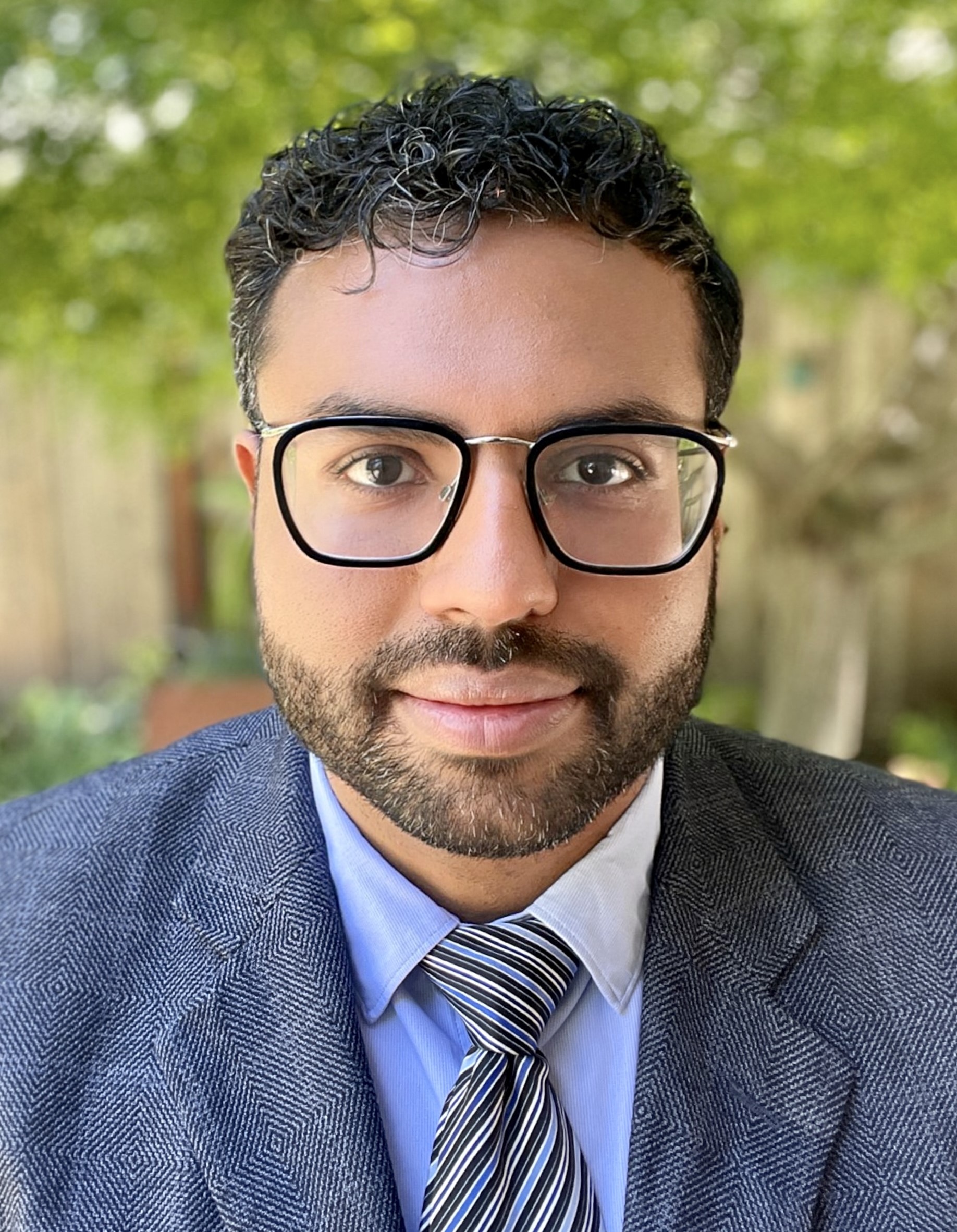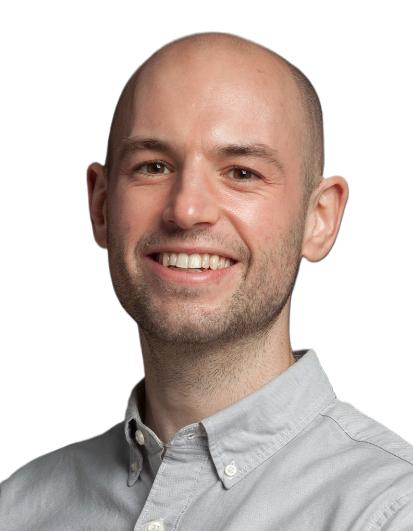Our Residents
 |
Dr. Pulkit Bose, MD Medical school: Penn State College of Medicine |
|
 |
Dr. Parul Chhatpar, DO Medical school: William Cary University College of Osteopathic Medicine Why I chose preventive medicine at UMass: I chose the Preventive Medicine residency Program at UMass Chan Medical School because of its unique alignment with my educational goals and its emphasis on creating an impact at both the individual and population levels. I strongly believe in this program and what can be accomplished from it. I knew this program was the perfect fit for me from the moment I received my first email from Dr. Coghlin-Strom. My confidence in this decision was reinforced during my interview with Dr. Hogan. Dr. Coghlin-Strom’s enthusiasm for advancing public health was truly infectious, while Dr. Hogan’s thoughtful and supportive approach made me feel welcome. Additional conversations with Dr. Hogan, Dr. Coghlin-Strom, and other faculty soon revealed an intellectually invigorating environment. What sets this program apart is an unparalleled commitment to blending clinical expertise with public health leadership. The flexibility of the MPH curriculum allows me to tailor my experience to align with my specific interests. I have been able to complete coursework spanning the range from Public Health Law to Health Equity. The rotation curriculum is equally flexible, providing diverse experiential opportunities including addiction medicine and nutrition. The program’s leadership and faculty have been instrumental in providing mentorship and advancing my aspirations in prevention medicine and addiction medicine. Every single graduate of this program receives comprehensive training that bridges the gap between individual patient care and systems-level health improvement. I am thankful to the faculty for their guidance and support and for fostering an environment that has allowed all of us to thrive. Clinical interests: Health equity for marginalized and underserved communities, addiction medicine |
|
 |
Dr. Gregory Cohan, MD Medical school: Brown University Why I choose Preventive Medicine at UMass: I chose to pursue a Preventive Medicine residency because the field aligns closely with my goal of impacting care at both an individual and structural level. For individuals, I believe we can better deliver care that supports people's health goals if we take a preventive perspective. For health systems, I believe we need to design and implement alternative clinical models to incentivize care that aligns providers and payers with the outcomes and values that matter most to patients. UMass stood out to me with its incredibly supportive faculty and administration, its flexible program structure that allows me to explore my unique interests, and its strong ties to public health institutions across government and industry. As someone with deep roots in Massachusetts, I’m excited to contribute to and grow within a community I care deeply about. Clinical interests: Population Health, Lifestyle Medicine & Nutrition, Clinical Informatics, Value-based care |
|
 |
Dr. Natalie C. Rivera Rodriguez, MD
Why did you choose preventive medicine at UMass: After my interview at the Preventive Medicine Residency at UMass Chan Medical School, I immediately felt a sense of belonging. Dr. Susan Hogan, Dr. Coghlin-Strom, and other faculty members were incredibly welcoming and made me feel genuinely valued. They shared my passion for Lifestyle and Culinary Medicine and expressed strong support for my career goals. I also observed a collegial environment and a strong sense of community between faculty and residents. The two-year curriculum provides a seamless integration of hands-on public health experience and broad clinical training. Its flexibility enables me to tailor rotations to my interests in lifestyle medicine, culinary medicine, nutrition, and teaching. The GME-funded MPH offers both a solid foundation in public health and access to diverse electives, allowing for further customization. The program’s strong connections with state and national public health institutions present unique opportunities for engaging in innovative projects and building future career pathways. A robust alumni network also supports mentorship, collaboration, and job opportunities. Additionally, the assignment of a dedicated faculty mentor at the beginning of the program ensures consistent guidance and professional development. These features make the UMass Chan Preventive Medicine Residency the ideal place for my training. I look forward to developing my interests and making meaningful contributions to the prevention of illness at both individual and population levels in a supportive, enriching environment. |
|
|
|